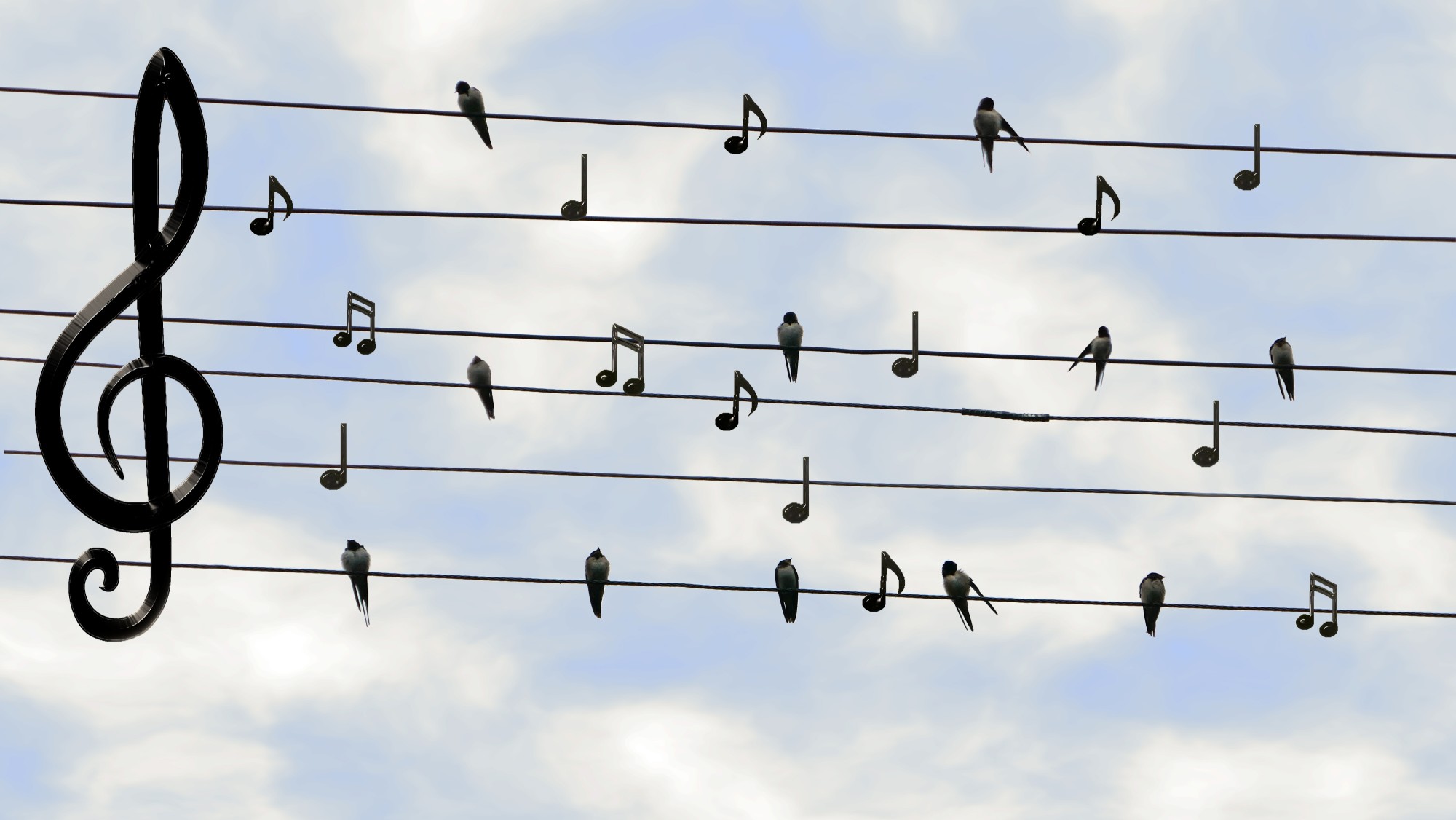
The Power of Music: 7 Benefits of Listening to Songs and Instrumentals
Stress triggers are everywhere. Most Americans struggle to find a quiet place to ease their nerves during the hustle and bustle of each day.
The power of music is that it can drown out the unwanted anxiety. Many music therapy techniques can be applied to your daily routine to help you find balance.
Here are 7 benefits of listening to songs and instrumentals throughout your day.
7. Can Help Alzheimer’s Patients
Age-related diseases like Alzheimer’s are improved when patients try music therapy. Music works wonders in calming the mind and triggering old memories.
Reports of patients suddenly recalling lost information are common after music therapy. Caregivers of music therapy patients with Alzheimer’s are encouraged to create personalized playlists.
These playlists should include songs that are meaningful to the patient to help get an emotional response.
6. Reduces Depression in Elderly
Unfortunately, depression in the elderly is common. When suffering a disease, elderly people can fall into a depression that makes it harder for them to recover.
Music is powerful because it brings with it memories of a life well lived. The elderly are more likely to recall all memories with fondness while experiencing depression because it takes their mind off disease.
These memories brought about by songs and instrumentals help reduce depression in seniors. After a lifetime of music, they’re more likely to have a soundtrack to their past that makes them feel alive again.
5. Reduces Schizophrenia Symptoms
Schizophrenia is a serious mental disorder that affects less than one percent of the population. It causes chronic symptoms like hallucinations, disordered thinking, and behavior that won’t allow normal daily functioning.
Music therapy has been proven to reduce schizophrenia symptoms. Doctors use music as a way to communicate concepts and feelings with patients.
Studies show that patients show improved social interactions after sessions with music. The power of music is that it allows them to experience concepts they couldn’t grasp through words alone.
4. Therapeutic During Childbirth
Contractions during childbirth can be eased with the help of songs and instrumentals. Pregnant women should aim to create playlists with songs that have a history of easing their stress.
The right music helps to quieten your mind and regulate your breathing. This creating a healthier delivery for both mothers and babies.
Soft, quieter music is the best option in the delivery room as long as its loud enough to drown out sounds from elsewhere in the building. Soundproof headphones are also an option when looking for ways to drown out the noise and focus only on breathing through contractions.
3. Loosens Tense Muscles
When your favorite song plays, your guard goes down. This is because music helps to loosen tense muscles.
It’s one of the best forms of stress relief because it replaces whatever you’re thinking with the lyrics to a song. Choose music with a positive message to stimulate you when you’re feeling stressed.
Lyrics that put you in a sour mood can have a reverse effect at the end of a hard day. The same goes for songs that bring on bad memories.
Have your favorite playlist at the ready when you leave work each day to get you ready for a good night’s rest. Allow your playlist to slow in tempo as the playlist progresses to begin slowing down your breathing to match the rhythm of the song.
2. Improves Motor Function
Patients with Parkinson’s Disease use music to improve motor skills. Studies show patients moving faster and happier with music therapy.
Neurologists associate this increased motivation to move with muscle memory. People with Parkinson’s have to try hard to move during physical therapy just to get from one side of the room to the next.
The music played during therapy sessions took their mind off the details of walking and instead allowed them to focus on fun. Their muscles already had the memory of the mechanics of walking so it wasn’t hard to fall back into a familiar rhythm.
This trend is similar to an aging person’s ability to heal better when they’re happy than when they’re depressed. Good feelings encourage the body to do better.
1. Encourages Dancing
The number one benefit of listening to music is that it encourages dancing. Dancing is one of the best forms of stress relief, building bonds with other people and staying active.
You might not be able to run a 10-minute mile, but most people can move on the dance floor for hours if given the right songs. Music takes you beyond your normal physical limitations giving you a dopamine rush like no other.
Popular fitness trends now include things like Zumba and Buti Yoga that teach you fun dance routines.
Dancing to music brings together friends, families, and strangers. While you’re out at a bar enjoying happy hour specials, the music you hear in the background can inspire you to make a love connection with the person next to you or start a conga line.
The Power of Music
Most people think of music just as entertainment. It’s an exciting way to destress with the people around you with whether you know them or not.
But the power of music is that it doesn’t claim to be one thing. It’s healing, it’s fun and it transcends language.
Use music for as many purposes as you want. It can improve your life on more levels than most other treatments money can buy.
For more information and lifestyle tips, visit our blog for updates.
